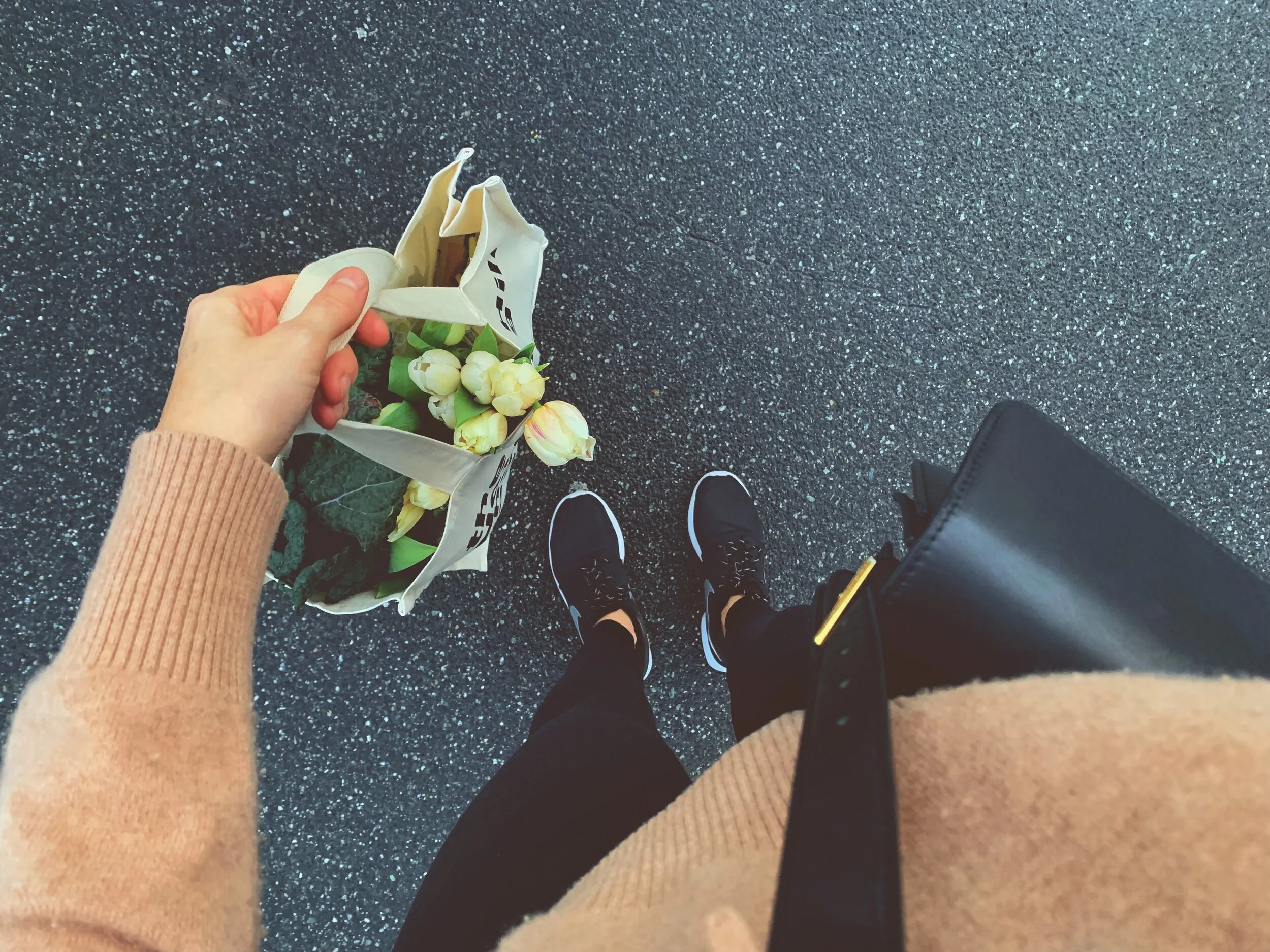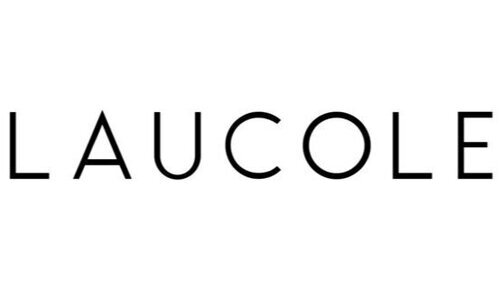HOW TO BE A MORE ECO FRIENDLY SHOPPER

SUSTAINABILITY
HOW TO BE A MORE ECO FRIENDLY SHOPPER
We all want to do our part to reduce waste, so I’ve compiled the ways I’ve cut back on the waste I produce when shopping.
re-usable bags
Always have your go-to re-usable bags accessible. Either invest in some that you’ll be excited to use (nick and I bought some canvas ones as souvenirs while shopping at portobello market in London on our honeymoon), or re-purpose those re-usable shopping bags that you’ve accumulated while shopping at stores like lululemon and saje.
re-usable bag storage
To make sure we never end up at the grocery store without them we keep them in:
our cars (in case we are grabbing something on our way home from work)
our pantry (to grab on our way out of the house if we are walking to the grocery store).
going to the mall
Make sure to bring them with you even when you’re shopping at the mall. Getting a new re-usable shopper each time you visit a store is defeating the purpose of re-usable bags as they’re made of even more plastic than regular shoppers.
veggie bags
There are tons of re-usable veggie bag options popping up at different stores. Some styles of these bags can be more expensive than others, I opted for some we found at Safeway. They came in a pack of 5 for $5. I really like them because the have very fine holes in them unlike most styles of these bags so you can even use them when purchasing things like flax seeds or nuts in bulk. We have 3 packs (15 bags) and that seems to work for us so far.
here are a few good options I found online; here , here and here
opt for foods that are less packaged
The best foods we can eat are ones that come from nature like fruits, vegetables, nuts and seeds. These items are really easily found unpackaged when shopping at your local grocer.
When you can, opt for items that aren’t packaged. We’ve stopped buying the majority of our vegetables and nuts at Costco because almost all of their vegetables and nuts are packaged in plastic.
When buying sauces and liquids, try to buy glass bottles or cardboard alternatives to plastic.
shop in the bulk section
shop in the bulk section whenever you can and opt for using your new re-usable veggie/produce bags instead of the plastic ones they provide.
go directly to the bakery or butcher counters
if you go directly to the bakery and to the butcher counters you can get bread and meats in less packaging.
de-clutter your home
by decluttering your home, you’ll develop a mentality of not wanting anything in excess. This will encourage you to bring bags with you so that you don’t accumulate duplicates of something you already have.
frozen foods
frozen berries and veggies can actually be a more nutritious alternative to buying fresh. This is because the berries and veggies were frozen soon after they were picked which means that they’re nutrients are more well preserved. Although a lot of grocery stores like Safeway and superstore carry frozen foods in plastic packaging, you can get paper packaged frozen goods at stores like Whole Foods.
walk to the store
If you live downtown or close to your local grocery, get your steps in for the day and walk to the store. If you’ve got a lot to buy and carry back, ask a friend to come a long with you.
go to bulk stores
In Vancouver we are lucky enough to have The Soap Dispensary where you can stock up on cleaning products, beauty products and bulk food items by bringing in your own glass containers and having them re-filled. Look out for similar stores in your area, if they don’t exist yet, it could be a good business opportunity.
if you have any other ideas on how to cut back on waste when shopping, please comment below. I’d love to learn of more ways.


